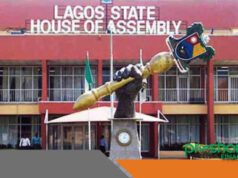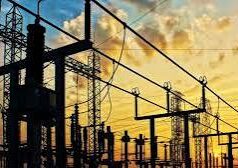
The onging plan by the Federal Government to transform the power industry may be a mere pipe-dream as the Nigerian Electricity Supply Industry (NESI) has revealed that the country’s power sector loses between N1.2 billion to N1.5 billion monthly to water, gas and transmission line constraints.
The report says that the country lost about N108 billion during the first quarter of 2018 due to several constraints inhibiting the regular supply of electricity.
According to the data, on the 25th of January this year, the sector lost an estimated N1.584 billion because an average power sent was 3,971mw, and 2,302.8mw was not generated due to unavailability of gas.
It further says that about 417mw was not generated due to unavailability of transmission infrastructure, while 290mw was not generated due to high frequency resulting from the unavailability of distribution infrastructure, and transmission challenges.
The power sector is bedivilled by structural issues in all key areas- generation, gas supply, transmission and distribution, while the operational capacity of the country’s power plants is less than a third of their installed capacity.
It will be recalled that Nigeria’s Minister of Power, Works and Housing, Babatunde Fashola, has reiterated that the Federal Government was committed to providing regular and efficient power supply in the country.
Fashola said, “While it is no longer news that we have reached a 7,000MW) Generation Capacity and have a 5,000MW Distribution Capacity; what is newsworthy is that last month we met with Manufacturers Association of Nigeria (MAN), DisCos, and GenCos “on how to implement the Eligible Customer Policy and increase connectivity to the 2,000MW that is available.
He disclosed that the Federal Government had secured the World Bank’s approval for $486 million Transmission Company of Nigeria (TCN) transmission expansion funding.
He also said that progress was being made with the same bank for the Rural Electrification and Distribution Expansion Funding.
He said: “In many parts of the country connected to the grid, citizens’ feedback is positive, even though all the problems are not solved. Citizens acknowledge more power in dry weather, reduced hours of running their generators and reduction in fuel (diesel and petrol) purchase to power generators.”











